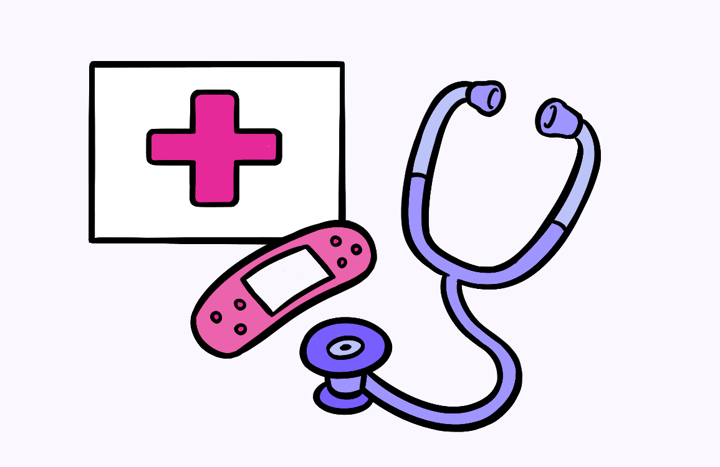Industry Professionals Audience
Medical Practice Industry
Audience Description
Participants who work in the Medical Practice Industry work within a group of three or more physicians. These physicians are engaged in the practice of medicine as a legal entity sharing business management1.1 million surgeons practice in the US, facilities, records, and personnel.
Since the Medical Practice Industry can include individuals, businesses, and organizations participants typically are educated and work well within a team. Participants within the medical practice industry are highly sought after as they are essential to a healthy life.
Interesting Participant Qualities
We surveyed our audience of medical practice industry participants to understand where they work now and how they feel about their role in their business.
While 71% of participants believe their role in the industry is very important, only 38% are very satisfied with their impact in their business.
Medical Practice Panelist Quotes
“I feel I have more to offer at times”
“Since I’m in the public a lot of what I do is controlled by the government. I can only do as much as I am able to. Thus not as much quality service as I would like to deliver”
“Limited resources”
“Not very. Covid hit hard and it’s hard to bounce back in a country like Sri Lanka”
Common Medical Practice Industry Roles
This audience is made up of participants who hold job titles and roles in the medical practice industry. Each of these professionals can be targeted individually, or roles can be combined to create larger audiences.
- Home Health Aide – Home Health Aides assist persons who are elderly, ill, or incapacitated with daily tasks. They may also administer medication to customers or monitor their vital signs. The majority of home health aides work in people’s homes, although others work in retirement facilities.
- Nurse Practitioner – Patients are diagnosed and treated by nurse practitioners. They are not required to work under the direct supervision of a physician, unlike registered nurses (RNs). A master’s or doctoral degree is required of NPs. Nurse practitioners employ a variety of hard and soft talents.
- Occupational Therapist – Occupational therapists (OTs) assist disabled, ill, and injured persons with daily tasks such as dressing and moving around the kitchen. They work in a variety of settings, including hospitals, schools, and nursing homes. Most occupational therapists have a master’s or doctoral degree in the field, as well as a state license. Occupational therapist assistants (who assist OTs) require only a high school diploma, while occupational therapist aides (who also assist OTs) require only a high school diploma.
- Physical Therapist – Physical therapists (PTs) assist persons who are wounded or sick in managing their pain and moving around. They identify physical issues, give patients exercises, and provide hands-on treatment. A doctorate is required for most physical therapists. Physical therapist assistants (who help PTs) just need an associate’s degree, whereas physical therapist aides (who also help PTs) only need a high school diploma.
- Physician Assistant – A physician assistant (PA) is a medical practitioner. They diagnose patients, treat them, and prescribe medications, among other things. They work under the direction of a physician who is licensed. Medical assistants must complete physician assistant programs and be licensed.
- Clinical Laboratory Technician – Clinical laboratory technicians, sometimes known as lab techs, perform a number of tests. They take fluid and tissue samples for testing in the lab, then run tests to offer data for physicians and surgeons to evaluate. Many lab technicians work in this sector while pursuing a medical degree, such as a doctor of medicine or a doctor of pharmacology.
- Pharmacist – A pharmacist is a medical specialist who is responsible for delivering prescription medications to patients and medical facilities. To evaluate if prescriptions will function well for a patient’s medical problems and pre-existing drug usage, pharmacists must have a thorough understanding of chemistry and anatomy/physiology. In pharmacies, drug stores, and in-hospital drug dispensaries, they may work.
- Speech-Language Pathologist – Communication impairments such as lisps and stutters are diagnosed and treated by speech-language pathologists. Patients with swallowing problems may benefit from instruction on how to recognize and use the muscles in their mouths. Many people in this field work in elementary schools and private daycare centers, but there is also work in hospitals and clinics that provide speech therapy.




